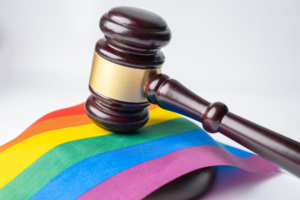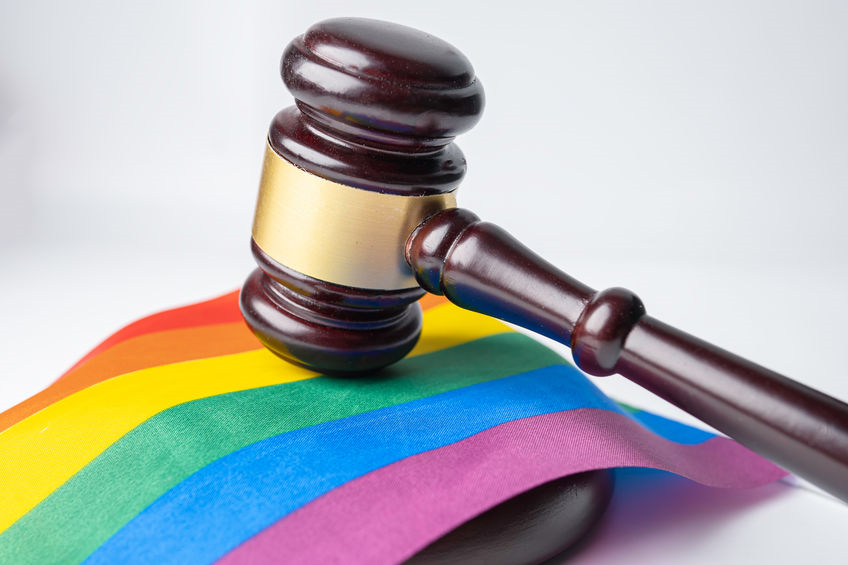 One year after the landmark decision in Bostock v. Clayton County, the EEOC launched a resource page dedicated to sexual orientation and gender identity discrimination (SOGI). This invaluable resource explains the Bostock decision and provides an overview of information on SOGI protections for workers.
One year after the landmark decision in Bostock v. Clayton County, the EEOC launched a resource page dedicated to sexual orientation and gender identity discrimination (SOGI). This invaluable resource explains the Bostock decision and provides an overview of information on SOGI protections for workers.
The Bostock Decision
As we previously blogged, in June 2020, the U.S. Supreme Court found that discrimination against employees based on sexual orientation or gender identity status constitutes sex discrimination under Title VII of the Civil Rights Act of 1964 (Title VII). Title VII prohibits private sector, federal, state and local government employers with 15 or more employees from discriminating against workers based on various protected characteristics, including sex. These protections do not apply to independent contractors.
SOGI Protections
The new resource aims to identify practices that can constitute SOGI discrimination in the workplace. Examples of practices that may violate Title VII, which can include the following:
- Denying employees equal access to a bathroom, locker room or shower that correspond to an employee’s gender identity
- Prohibiting employees from dressing a certain way that does not conform to traditional gender stereotypes based on the employee’s assigned sex at birth
- Intentional, repeated use of the wrong pronouns when referring to a transgender employee
- Harassing and offensive comments about an employee’s sexual orientation or gender identity status
Retaliation Prohibited
Title VII also prohibits covered employers from taking adverse employment action against employees who complain about, object to and/or oppose sexual orientation and/or gender identity discrimination in the workplace.
How do I pursue a SOGI discrimination claim?
If you have been subjected to discrimination because of your sexual orientation and/or gender identity, you can pursue a claim against your employer. To pursue a claim under Title VII, you must exhaust your administrative remedies by filing with the appropriate U.S. EEOC office within certain time deadlines. In Florida, the deadline to file an EEOC charge for discrimination or retaliation is 300 days from when you knew or should have known of the discrimination and/or retaliation.
Remedies for Unlawful Discrimination or Retaliation
Under Title VII, successful plaintiffs can recover the following damages:
- Reinstatement;
- Injunctive Relief;
- Lost Wages and Benefits;
- Front Pay (in lieu of reinstatement);
- Compensatory Damages and Punitive Damages (subject to caps based on the number of employees the employer employs). However, punitive damages are not available against a government employer; and
- Attorneys’ fees and costs

